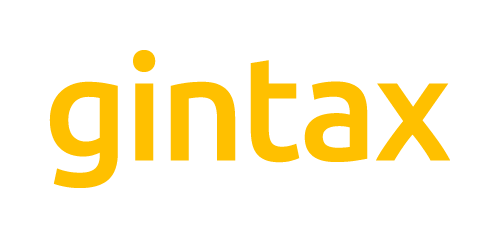In September, Irish Revenue updated their guidelines on foreign funds, including ETFs. They no longer automatically accept that US ETFs are outside the scope of the special funds regime. This change in approach also applies to ETFs domiciled outside of the EU (but within an OECD member state).
It is important to note that there has been no change in underlying Irish law here. However, this does result in further risk/cost to clients as they now need to satisfy themselves as to the tax status of these funds.
In the guidance, Irish Revenue have not detailed any reason for the change in approach. However, their original guidance was quite unusual in that they accepted that underlying legal structure and regulatory oversight can be very different between ETF products – but then went on to issue a general status confirmation. It was clear post Brexit that they needed to update the guidance, as their original version could have technically applied to (say) UK ETFs. Since 2014 when original guidance was published, the variety of funds here, along with popular commentary on the advantages of such foreign ETFs (if only for the certainty in tax categorization), may also have led them to withdraw the specific ETF guidance completely.
This area is very complex and with availability of many foreign products now through platforms such as degiro, etoro etc, needs more clarity and structure. There are reporting obligations for Irish financial intermediaries so they at least need to determine part of the tax classification but not in relation to the key equivalence test e.g. the investor needs to satisfy themselves as to whether their investment is similar “in all material respects” to an Irish regulated fund.
Absent any law change, it would be very useful if Irish Revenue could outline their view of the key attributes of a foreign (non EU) fund which would make it materially similar to an Irish fund. This guidance very much impacts the casual retail investor who may have relied on the prior Irish Revenue view on initial purchase. Other investors can obtain their own advice and this will be particularly relevant to (say) US domiciled individuals who may have built up a portfolio of such ETFs prior to their arrival in Ireland. If assets are within the scope of the funds regime, then these individuals will be subject to Irish tax on gains on disposal and crucially, a notional deemed disposal every 8 years (irrespective of whether proceeds are remitted).
At a broader level, the tax system for individual savings and investors needs to be put firmly on the agenda of government, whether through Commission on Taxation or other. The change in the deposit interest rate environment has very much given this area more focus – and we need a discussion as to whether it is fit for purpose, especially with increased accessibility via online trading platforms.
END
Revenue updated guidance reads as follows: “Prior guidance confirmed that investments in ETFs domiciled in the USA, the EEA or in an OECD member state (other than the USA) with which Ireland has a double taxation treaty, follows precisely the treatment that would apply to share investments generally. That confirmation does not apply to such investments with effect from 1 January 2022” - per Manual Part 27-01A-03



